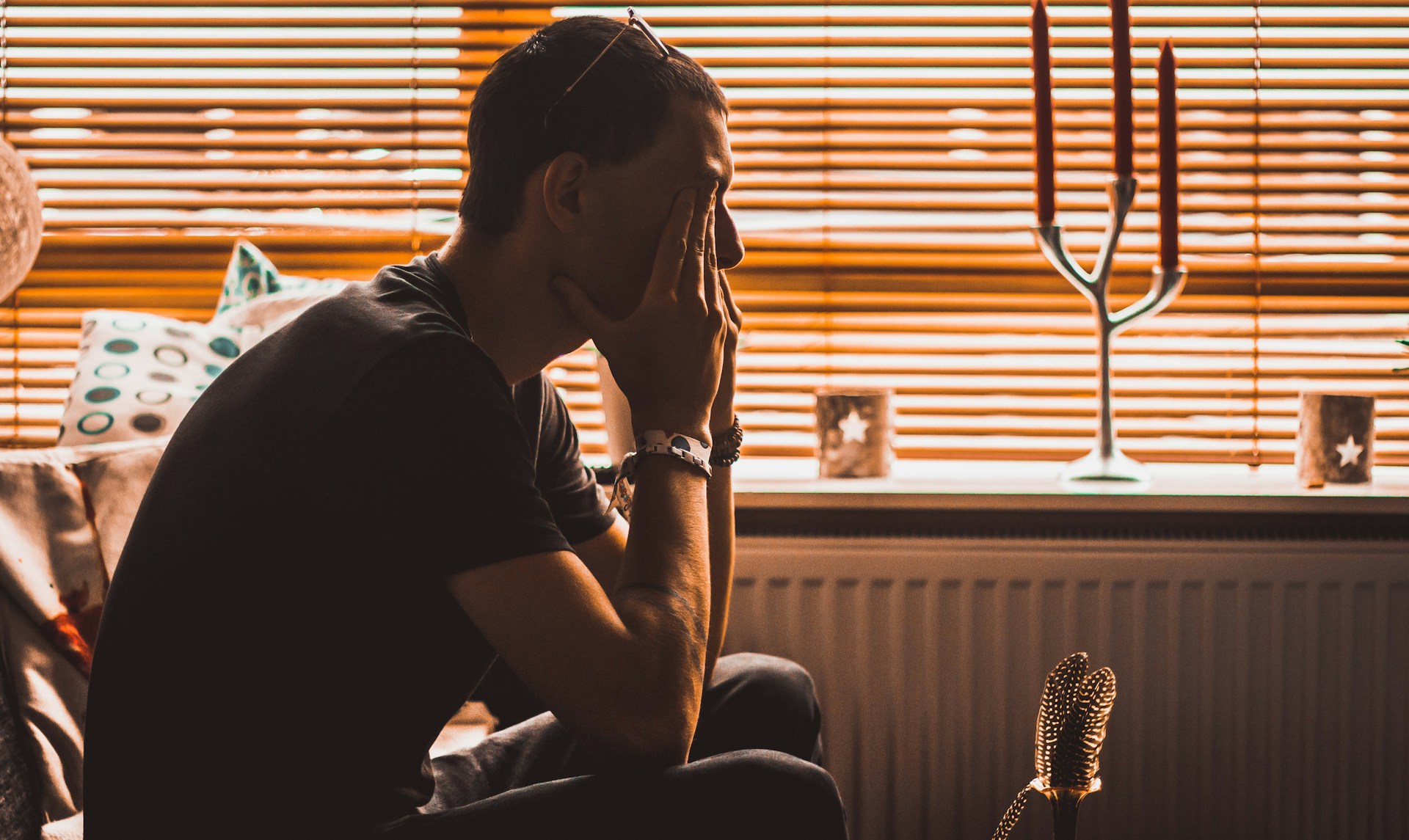
Blog
Tired After Eating? Here’s What Your Food Might Be Telling You
Why Does Eating Make You Tired?
You sit down for lunch, eat something quick, and an hour later you’re fighting to keep your eyes open. Sound familiar?
Feeling tired after eating is surprisingly common—and often preventable. While some post-meal fatigue is natural (your body is digesting, after all), certain foods and habits can spike your blood sugar and crash your energy fast.
But here’s the good news: eating with intention—choosing foods that nourish both your body and your purpose—can help you stay more energized and focused throughout the day.
How Food Affects Your Energy
What you eat has a direct impact on how you feel. Here’s how certain foods can drain you:
- Refined carbs and sugars: These cause a quick blood sugar spike—followed by a crash. That crash can leave you foggy, sleepy, and irritable.
- Heavy or high-fat meals: These take longer to digest, which can slow you down, especially if you're already low on energy.
- Skipping protein or fiber: Without them, your energy dips sooner and cravings hit harder.
On the flip side, meals that include balanced macronutrients—carbs, protein, and healthy fats—can keep your energy stable and your mind clear.
Eat With Energy (and Purpose) in Mind
1. Balance Your Plate
Aim for meals that include:
- Complex carbs (like quinoa, sweet potatoes, or oats)
- Lean protein (chicken, tofu, eggs, legumes)
- Healthy fats (avocado, nuts, olive oil)
- Fiber-rich veggies (especially greens)
This combo supports steady digestion and energy release.
2. Watch Portion Size
Overeating—even healthy foods—can divert blood to your digestive system and leave you sluggish. Try eating slowly and stopping when you’re 80% full.
3. Time Your Meals with Intention
Skipping meals or eating large ones late in the day can mess with your rhythm. Try eating smaller, more frequent meals to keep energy levels even.
4. Drink More Water
Mild dehydration can mimic fatigue. Aim to drink water consistently throughout the day, especially before meals.
5. Tune Into How You Feel
Notice how different meals affect your energy. A food journal or mindful reflection after eating can help you spot patterns—and make more energizing choices.
Eating with Purpose Isn’t About Perfection
It’s not about strict diets or rigid rules. It’s about asking: Does this nourish me? Does this choice support how I want to feel and live?
When you eat in alignment with your body and values, meals stop being something that slows you down—and start fueling the life you want to live.
.jpg)

